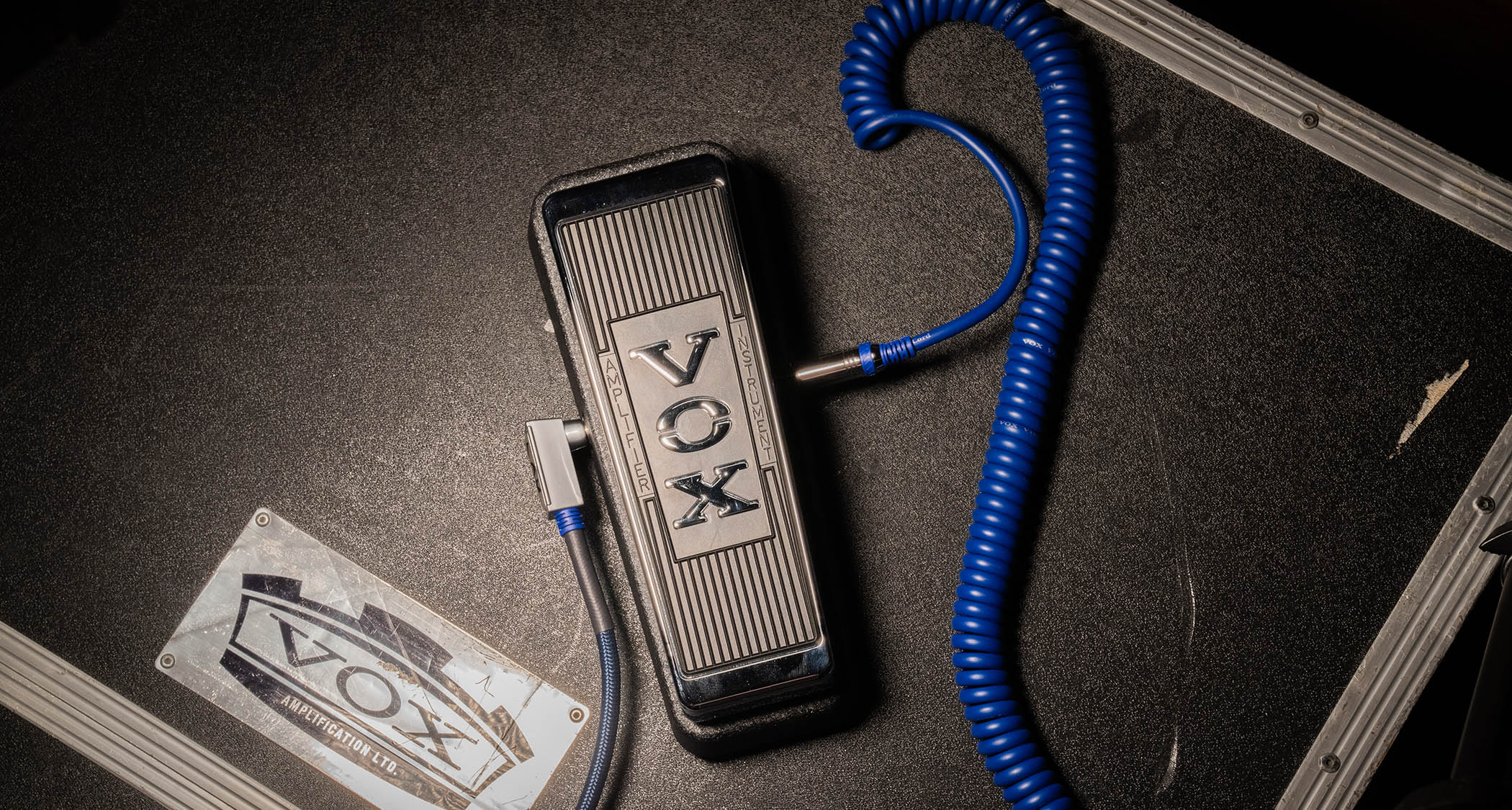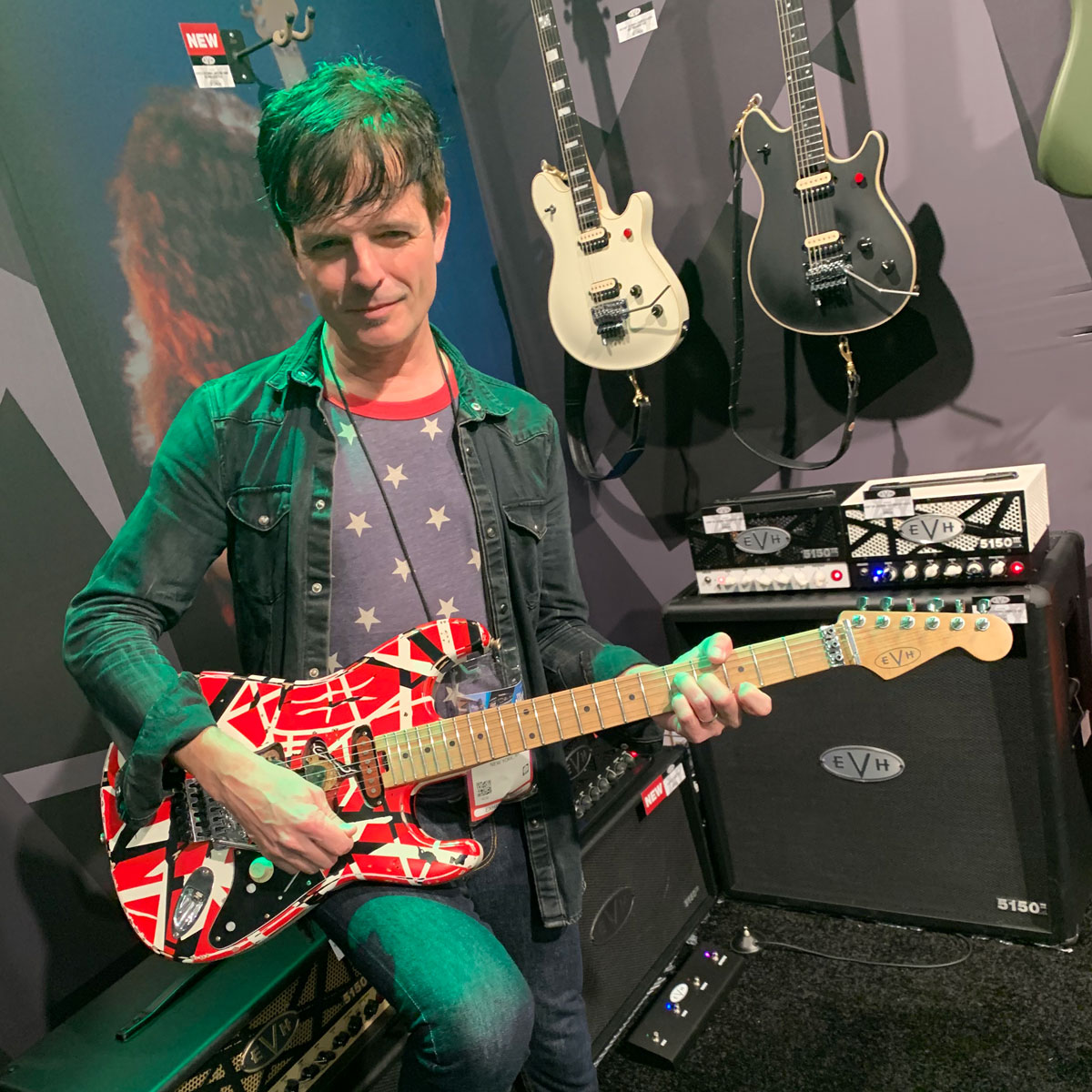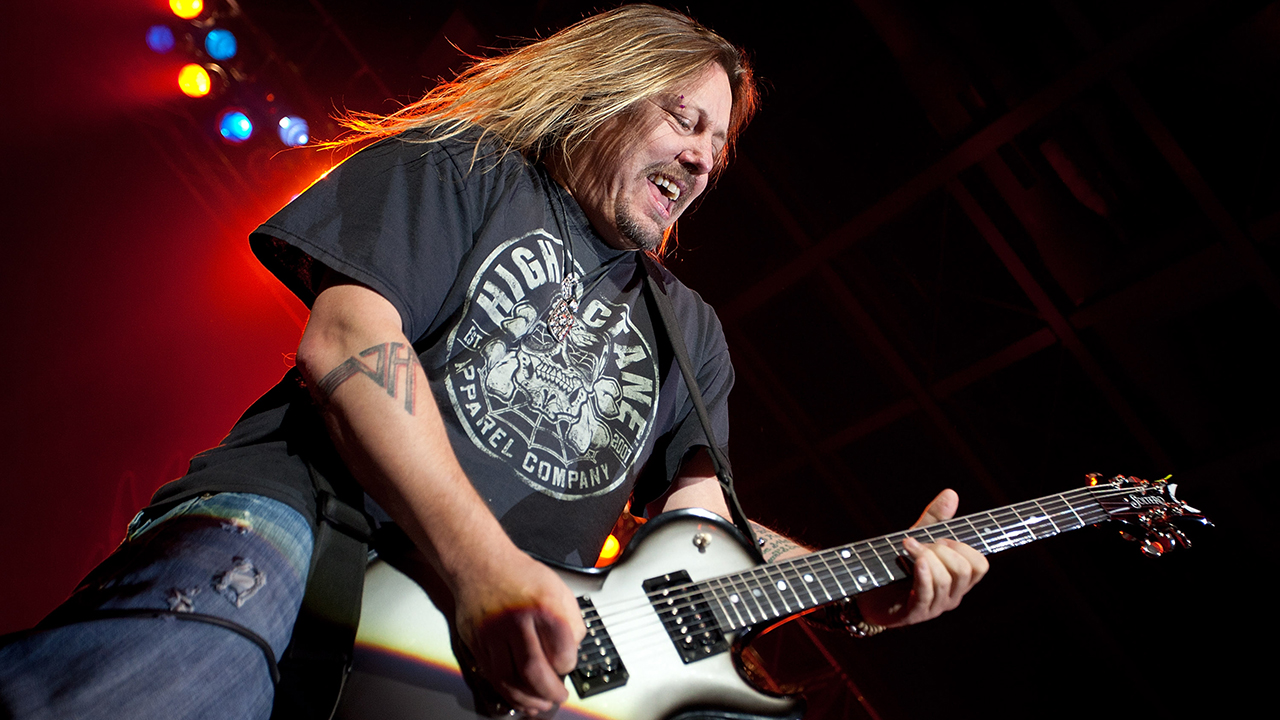Guitar World Verdict
Vox went above and beyond in terms of recreating two classic wahs with their Real McCoy and V846 Vintage Wahs. Whether you prefer a vintage quack or a powerfully expressive honk, one of these will certainly find its way to your rig.
Pros
- +
Near-exact replicas of two classic Vox wahs.
- +
Assertive and vocally expressive vintage-style wah tones. Easy plug-in and play.
- +
Premium quality audio-grade components and parts.
Cons
- -
Expensive.
- -
Battery powered only.
You can trust Guitar World
The most pivotal guitar effect in 1967 was the Vox Clyde McCoy Wah-Wah pedal. Despite having nothing to do with the innovative design of his namesake wah, big-band trumpeter Clyde McCoy became the marketing face of a pedal intended for band and orchestra players because it emulated his “wah-wah” trumpet-mute technique.
However, once guitar superstars like Jimi Hendrix and Eric Clapton popularized this now-famous wah through legendary songs and live performances, Vox quickly shifted the pedal toward guitarists by removing his name, revoicing it and calling it the V846 Vox Wah, and the rest, as they say, is history.
For their rarity and renowned voice, Vox has decided to recreate these two wahs by duplicating their revered circuits with the release of the Vox V846 Vintage and Real McCoy Wah pedals.
Both models are based on prime vintage examples from 1967 and are 3D-scanned to recreate the exact body mold (even the particular fonts and script were copied, as was the use of flathead screws on the bottom of the pedals). What makes the V846 Vintage and Real McCoy Wahs noteworthy is Vox’s meticulous attention to detail, which borders on obsessiveness.
Opening up the bottom of the pedals instantly reveals the seriousness of their build quality, tidy assembly and wiring. Component values and pinpoint tonal characteristics were measured to reproduce the same response and sweep.
If any particular part or component wasn't available, it was either updated, hand-selected from other premium sources or custom-designed to match or rival the original values.
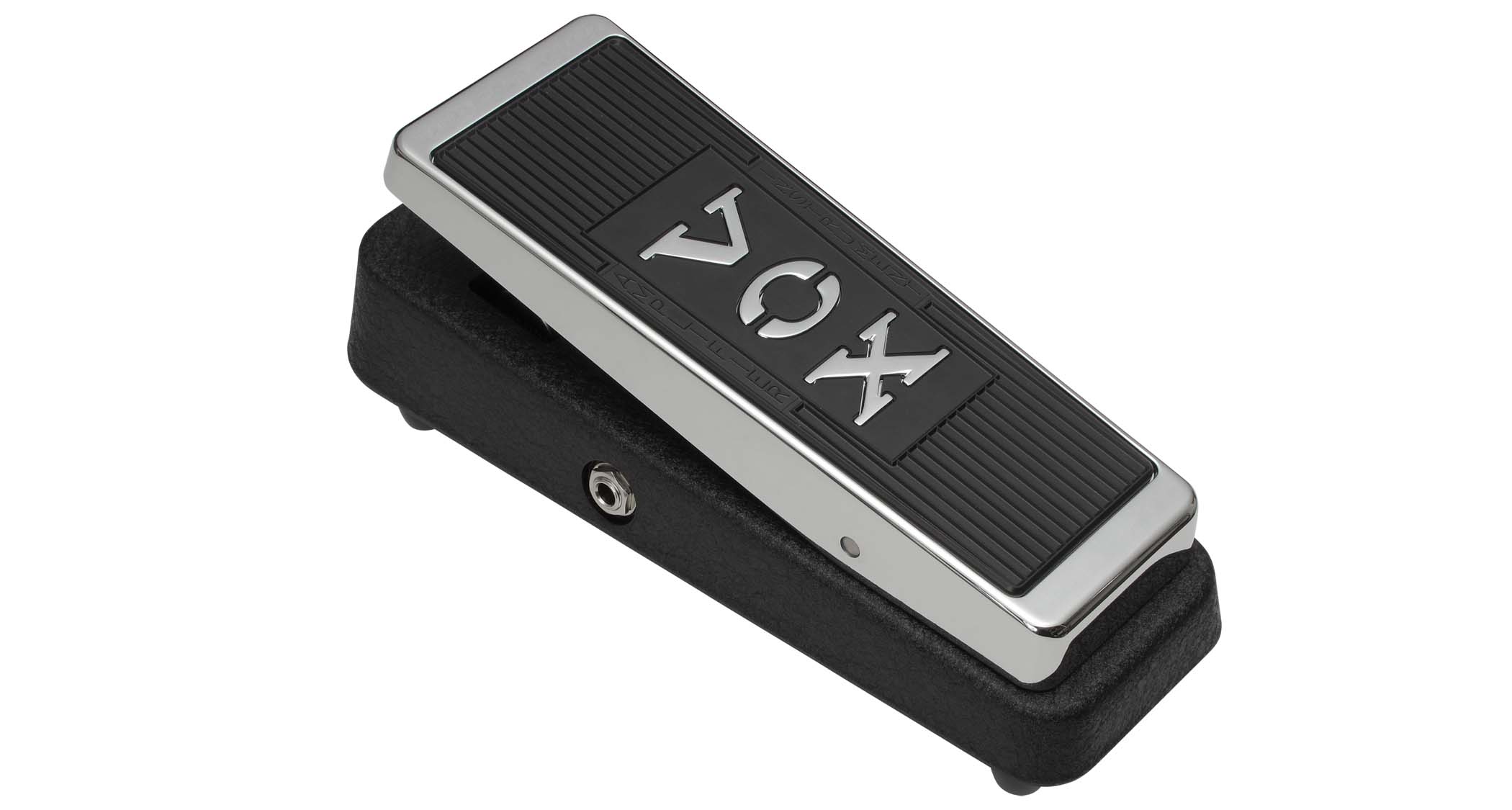
Of course, the soul of both wahs is the Halo inductors, which replicate the distinct nasally voice of the Real McCoy or the more assertive expressiveness of the V846 Vintage. I could continue with the exactness of the transistors, potentiometers, resistors and capacitors, but I’m confident you get the idea that Vox spared no expense in properly voicing these wahs.
All the latest guitar news, interviews, lessons, reviews, deals and more, direct to your inbox!
Both are battery-operated only, further matching their vintage build, and come with a Vox pedal bag.
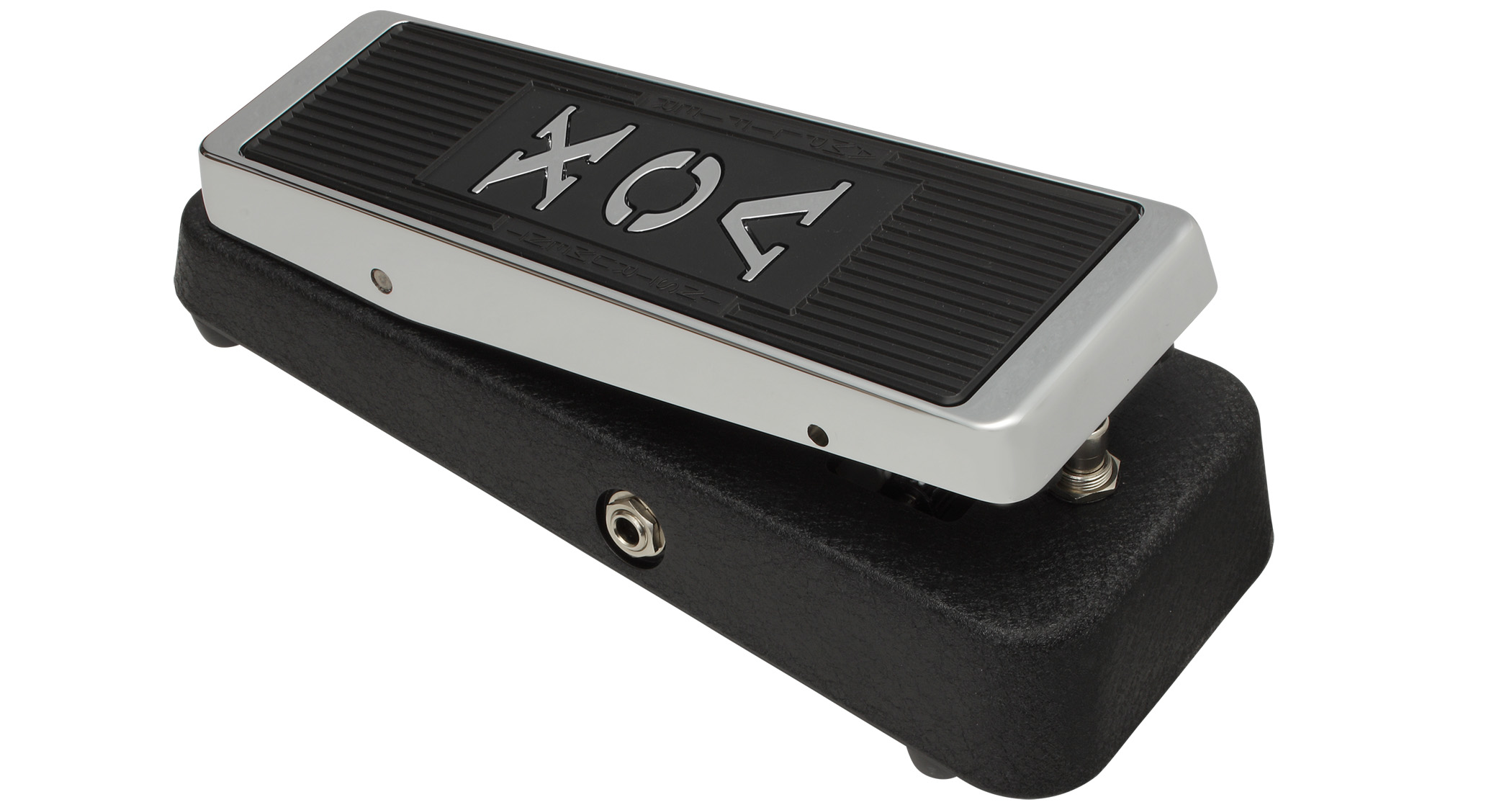
Despite being brand-new and looking identical save for the bottom faceplate, the V846 Vintage and Real McCoy feel heavy and substantial in your hand, and are undoubtedly built to last for decades.
One of my go-to wah songs has been Lynyrd Skynyrd’s The Needle and the Spoon, where Allen Collins’ wah-drenched solo is the epitome of – to my ears – a Clyde McCoy wah (though that is unconfirmed). And here, the Real McCoy delivers an authentic replication of that wah tone.
The Real McCoy has an overly pronounced quack and a sweetened midrange sweep that gushes its wah sound with vocal-like precision.
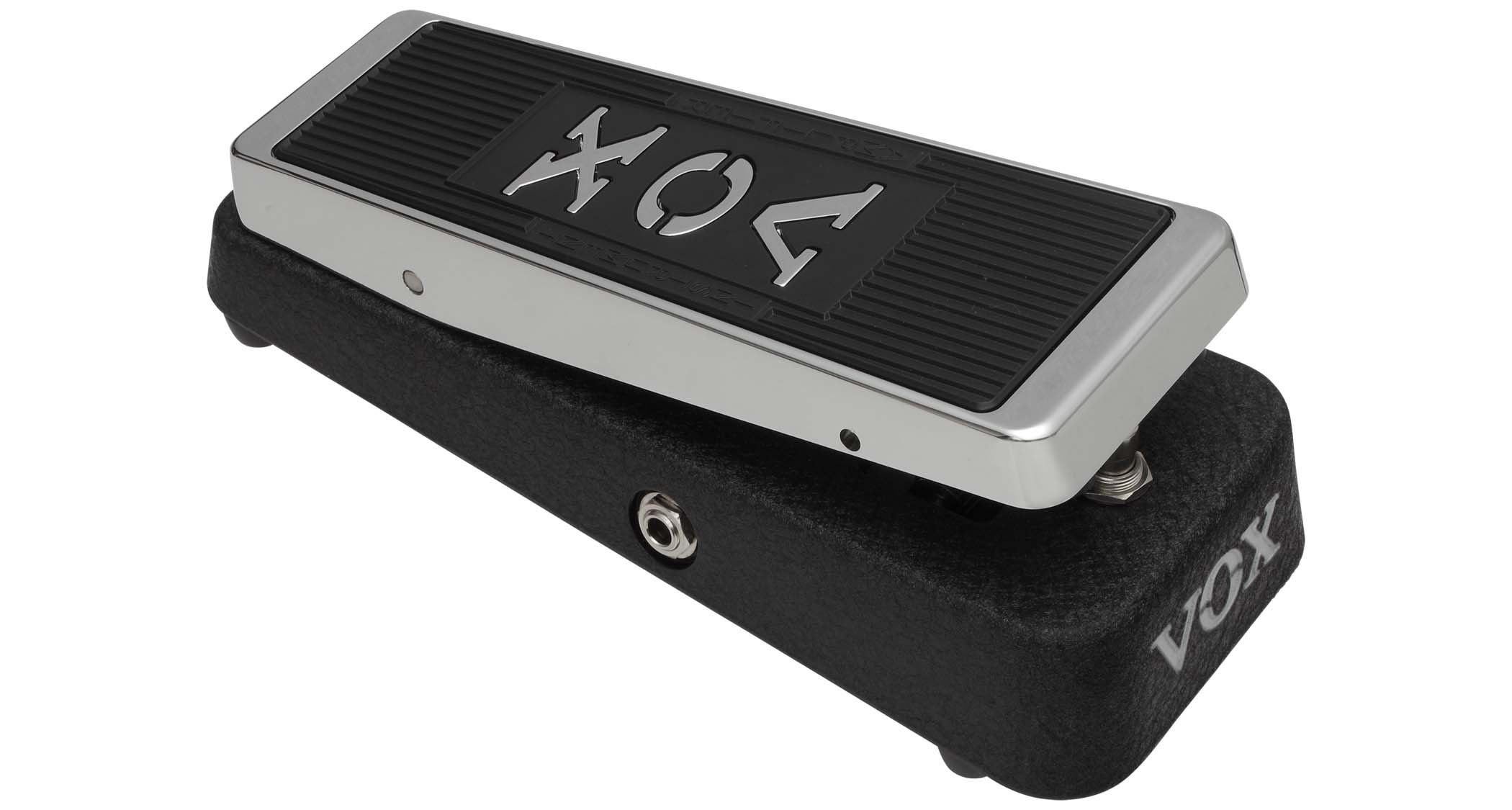
It is, by far, my favorite-sounding wah because, if you’re going to use a wah, it needs to poke out prominently. It’s unapologetic in producing a vintage-style quack that apes every classic wah song from Hendrix’s Experience to Cream.
On the other hand, the V846 Vintage is a more refined wah that’s smoother-sounding with a more expressive sweep that shapes the honking frequencies powerfully rather than quacking its way through like the Real McCoy.
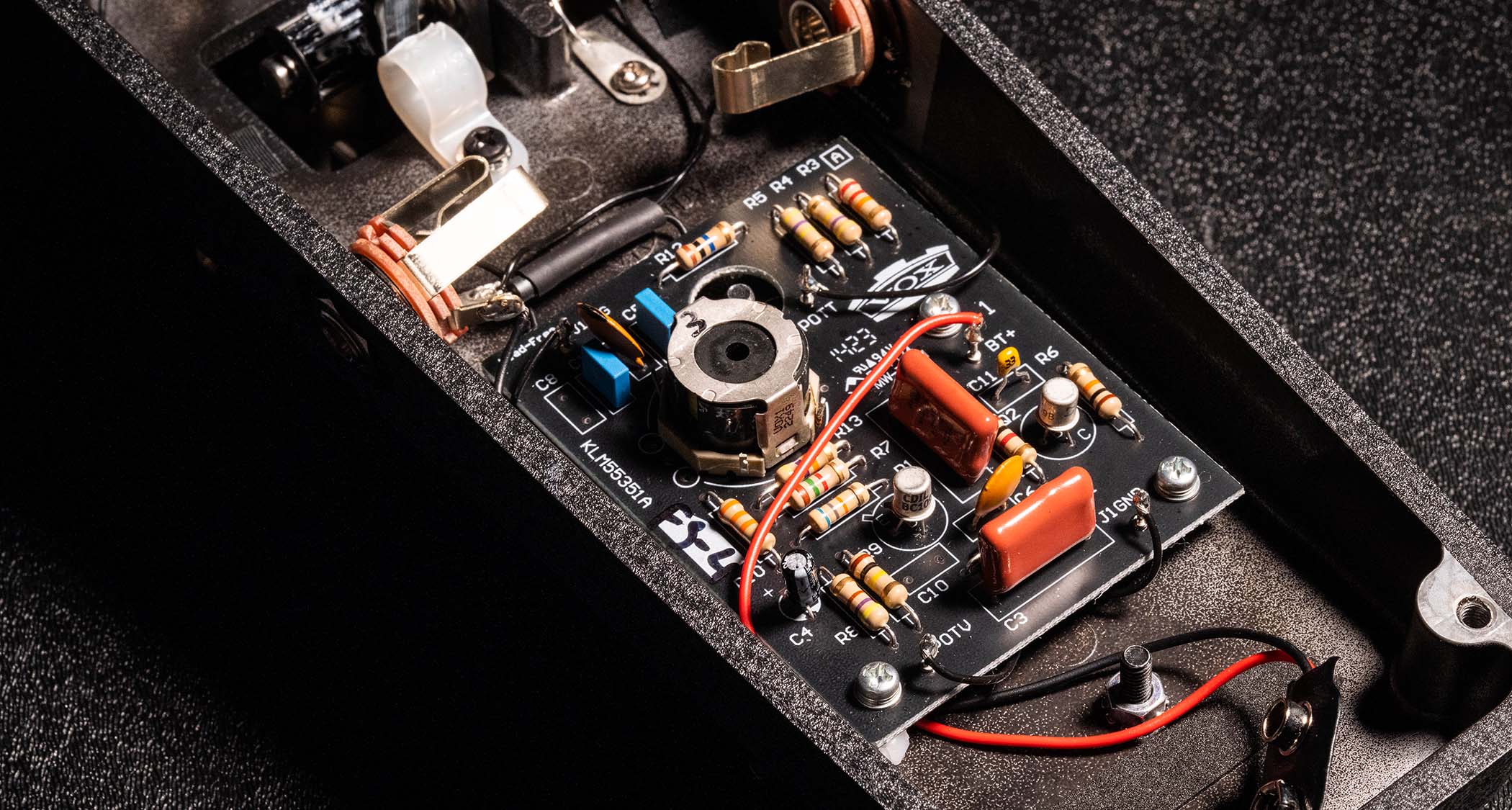
I think most hard rock and metal players will find this the more appealing choice; they might even want to park the wah (the “cocked” wah sound) in a particular EQ curve (as a bandpass filter) for a throaty or nasally lead tone – think Michael Schenker or Mick Ronson.
Still, both wahs sound fantastic, and it’ll come down to whether you dig a wah with a more vintage quack or an articulate sweep. Either wah is a win.
Specs
- PRICE: $279 / £259
- CONNECTIONS: INPUT jack (monaural phone jack), OUTPUT jack (monaural phone jack)
- POWER SUPPLY: 9V dry cell batteries (6LF22/6LR61) (sold separately)
- BATTERY LIFE: approx. 100 hours or more (with alkaline batteries)
- CURRENT CONSUMPTION: 540μA (9V DC)
- DIMENSIONS (W X D X H): 102 x 252 x 80 mm
- WEIGHT: 1300 g (excluding batteries)
- CONTACT: Vox Amplification
Paul Riario has been the tech/gear editor and online video presence for Guitar World for over 25 years. Paul is one of the few gear editors who has actually played and owned nearly all the original gear that most guitarists wax poetically about, and has survived this long by knowing every useless musical tidbit of classic rock, new wave, hair metal, grunge, and alternative genres. When Paul is not riding his road bike at any given moment, he remains a working musician, playing in two bands called SuperTrans Am and Radio Nashville.
